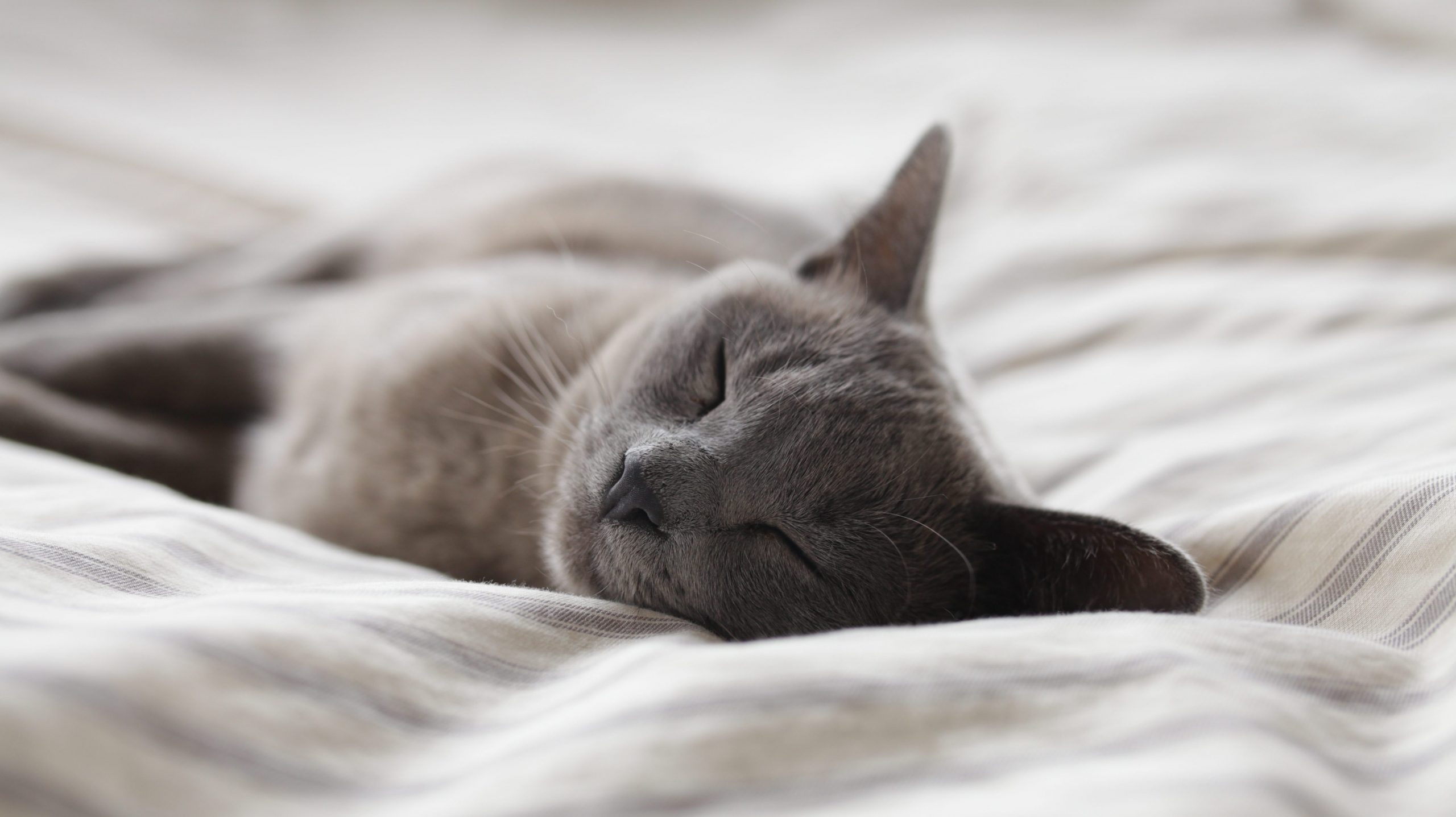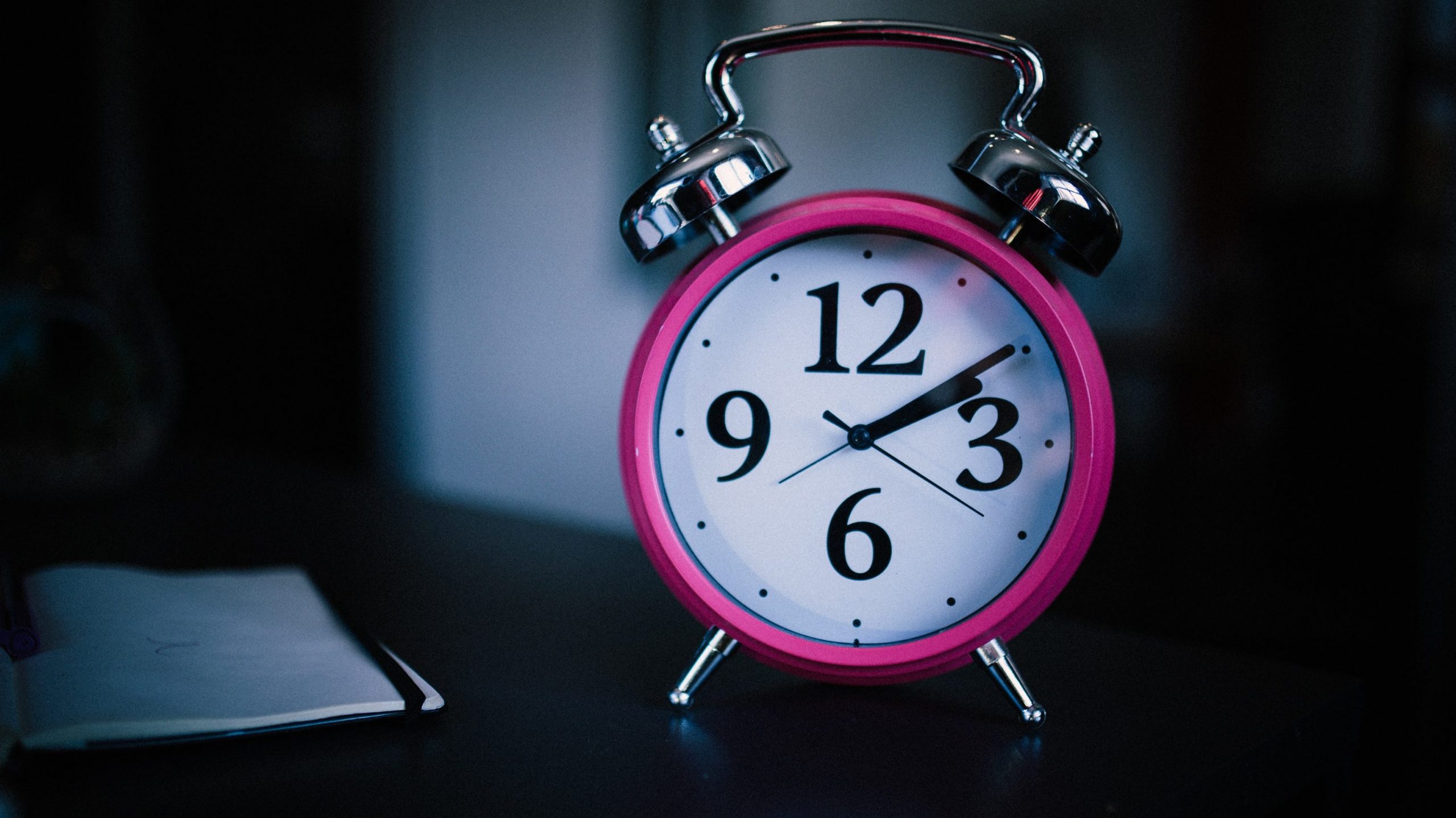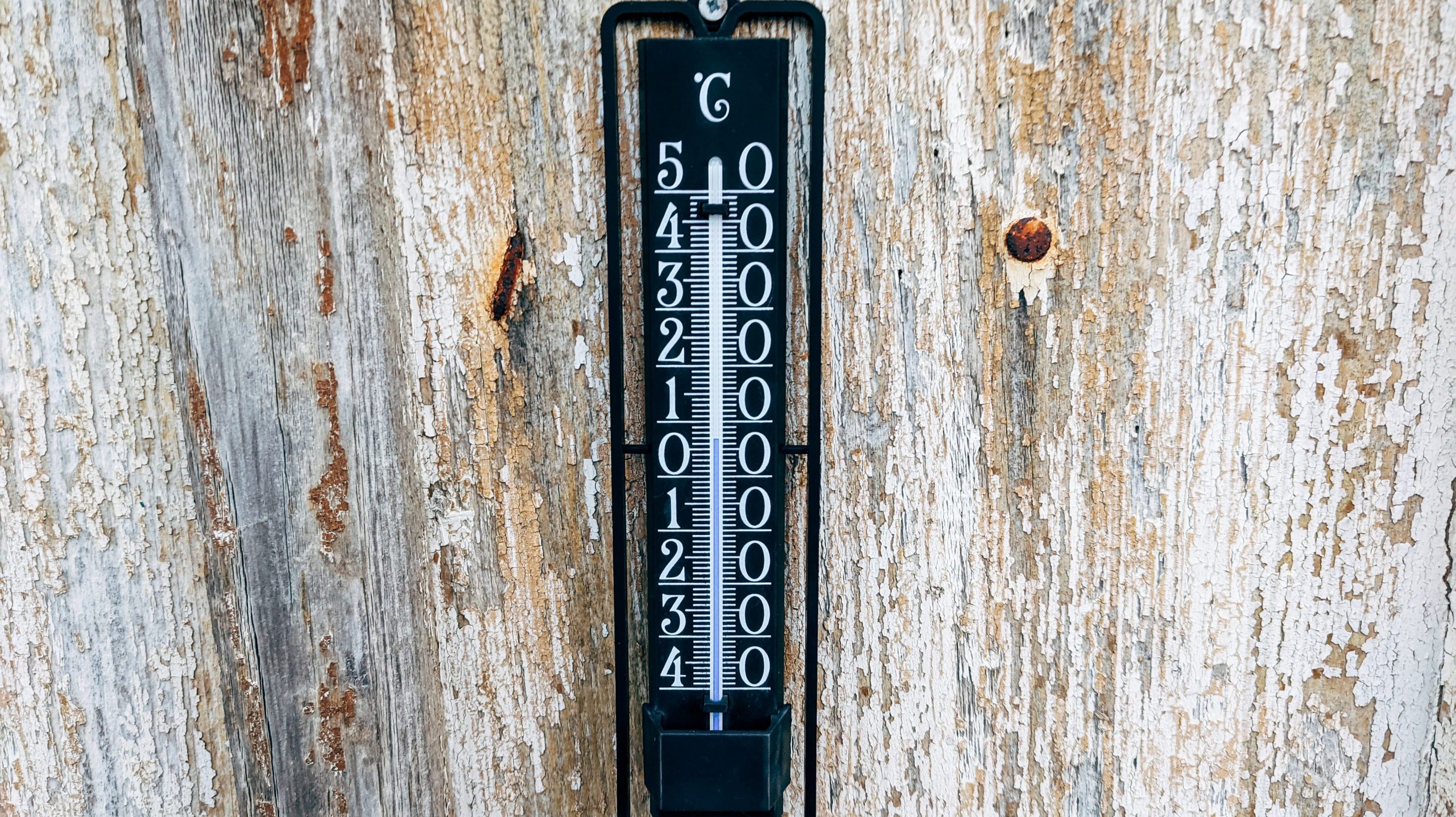
When I was growing up, sleeping was one of my favourite things to do. I used to sleep late but could just keep sleeping and wake up late. But as I grew older and with responsibility ever-increasing, sleeping late soon became a thing of the past. Unfortunately, I had gotten into the habit of sleeping late (something I still haven’t gotten over), resulting in less sleep than I liked.
Our regular readers might have noticed that we have covered “sleep” in several of our previous blogs, either on its own or as an essential part of another self-improvement blog. This is because almost every study highlights the importance of a healthy sleep cycle.
But what constitutes a healthy sleep cycle? The following are seven tips to help you identify what makes a healthy sleep cycle.
1. There is no such thing as a “golden rule”

How often have we been advised “always to get at least 8 hours of sleep a day”? If I had a penny for every time someone told me that, I would at least have close to a pound by now. This golden rule has become so ingrained in our psyche that for most of us if we don’t get eight hours of sleep, we feel worn out the next day. The fact is, for most of us, the ideal daily requirement of sleep is between seven and nine hours, dependent on several factors such as fatigue levels, the time we go to sleep, etc.
Then there are those lucky few who, according to the National Institute of Health, have a unique gene that enables them to require only four to five hours of sleep daily for optimal and regular performance.
So, figure out what is your “golden rule”!
2. Reduced sleep does not increase efficiency
For those of us who lead a busy life, it might seem that there are never enough hours in a day. We might try to make up for this by reducing the number of hours we get to sleep [because where else can you get the time? (I am being sarcastic here)], let’s say by reducing an hour of sleep from our ideal sleep cycle. Now, if we do this for an entire week, that is seven hours taken away from our ideal sleep cycle, and if we think this would not have an impact on us, we would be wrong. All you will achieve is increasing your fatigue levels and reducing your productivity.
3. Bored vs Sleepy

Another way of identifying if you are getting adequate sleep per your ideal sleep cycle is by noticing if you are falling asleep at unexpected times during the day. Maybe in class or at a meeting, or even at the movies. If you are otherwise healthy and tend to fall asleep at unexpected times, you are not getting adequate sleep. It is not because you are lazy or bored. You can be bored as hell in a class and still be wide awake.
So, check your sleep cycle, maybe increase an hour to the cycle and see if there is an improvement.
4. Identify your sleep cycle
No one said a sleep cycle must be continuous. Let’s say your ideal sleep cycle is 7 hours a day. If you can sleep the seven hours continuously, that is great, but if you can’t, consider breaking up the cycle, five hours at night and two hours midday. Experiment and find out what sleep cycle works for you.
5. Older people need less sleep
False! While it is true that children and teenagers might require more sleep to cater to their growing bodies. Once you are an adult, your ideal sleep cycle will remain consistent. So, even if your sleep schedule moves around a bit during your life, your ideal sleep cycle length should stay the same.
6. Temperature control

I hate warm and cosy! I just can’t sleep when it is warm, and I just sweat buckets. I like my room cold (the exact opposite of my wife’s); usually, the temperature in my room is set to about sixteen degrees centigrade. And this is what I need to get a comfortable night’s sleep. Find out what works for you and what will help you achieve your ideal sleep cycle.
7. Too much sleep
Just like getting too little sleep, getting too much sleep can also be detrimental to a person’s mental and physical health. According to a study listed in the National Library of Medicine, “In the general population, sleeping too much was associated with psychiatric diseases and higher body mass index (BMI)”.
So, stick to your ideal sleep cycle and don’t think you can make up for the loss of sleep by sleeping extra a couple of days a week.
Hopefully, these seven tips will help you manage your ideal sleep cycle better, thereby improving your quality of life and improving your work-life-study balance. If you have any other tips that might help our readers manage their sleep cycle better, please share them here.

If you have been thinking about doing a master’s degree, and are ready to challenge yourself, look at our list of programmes and see if we have anything you are interested in doing.
You can also chat LIVE on WhatsApp with one of our Education Advisors for more information on the programme that is right for you, the application process, and details on discounts we might be offering at this time.
